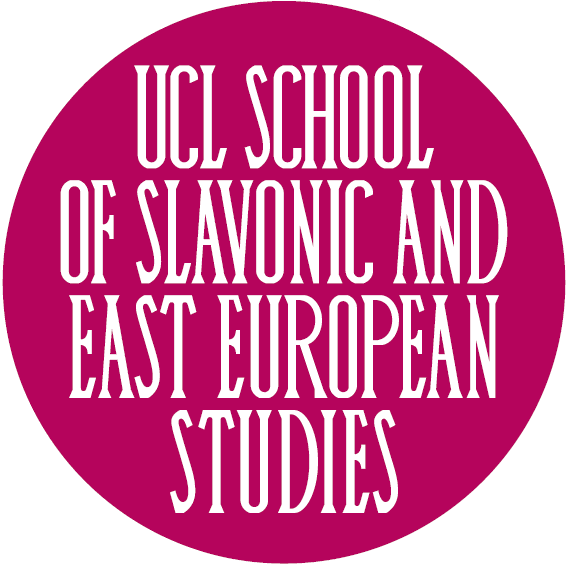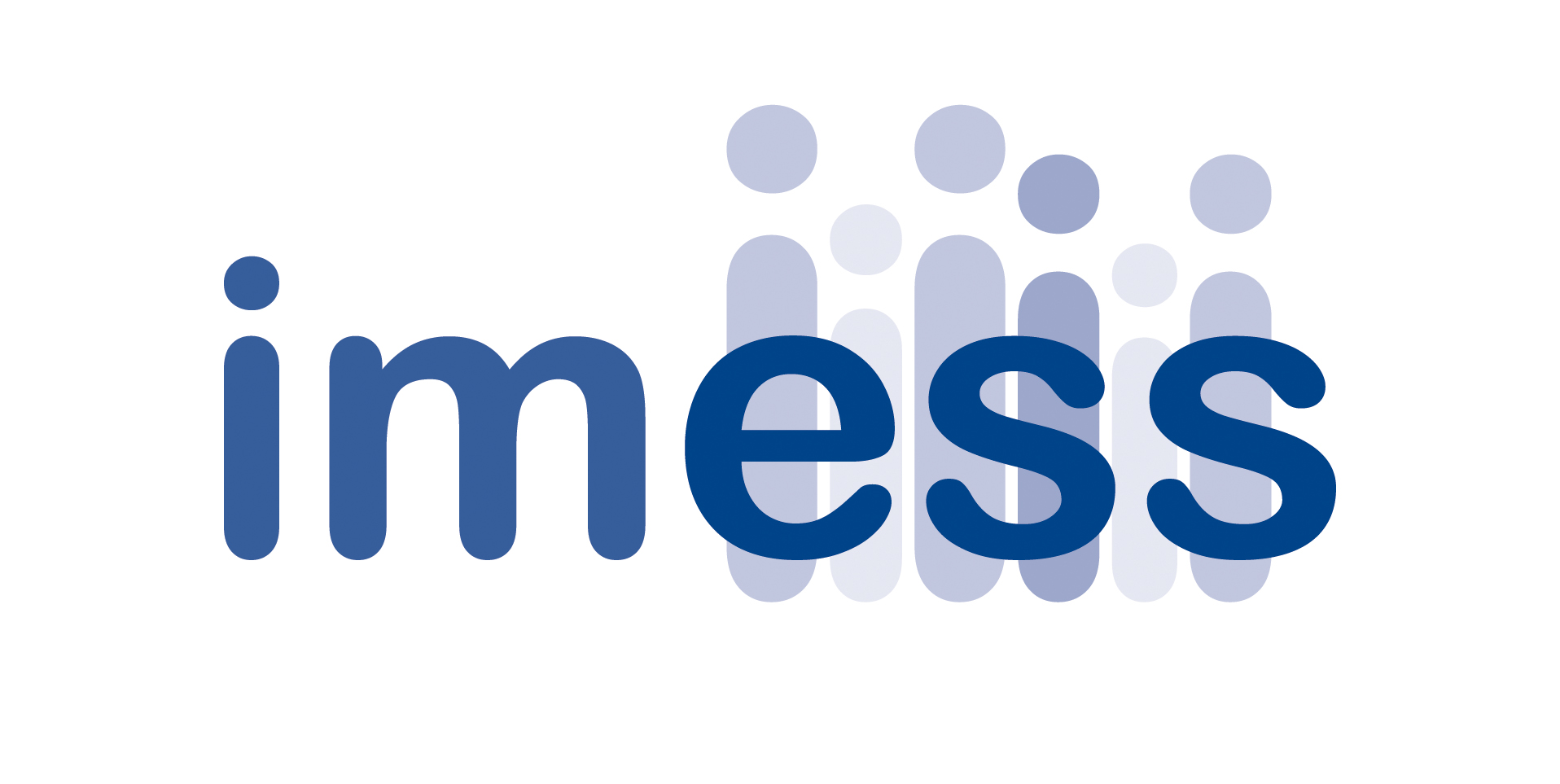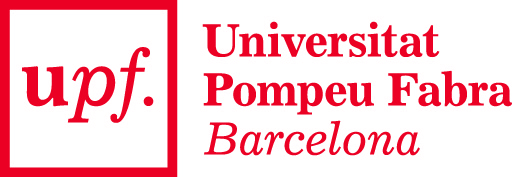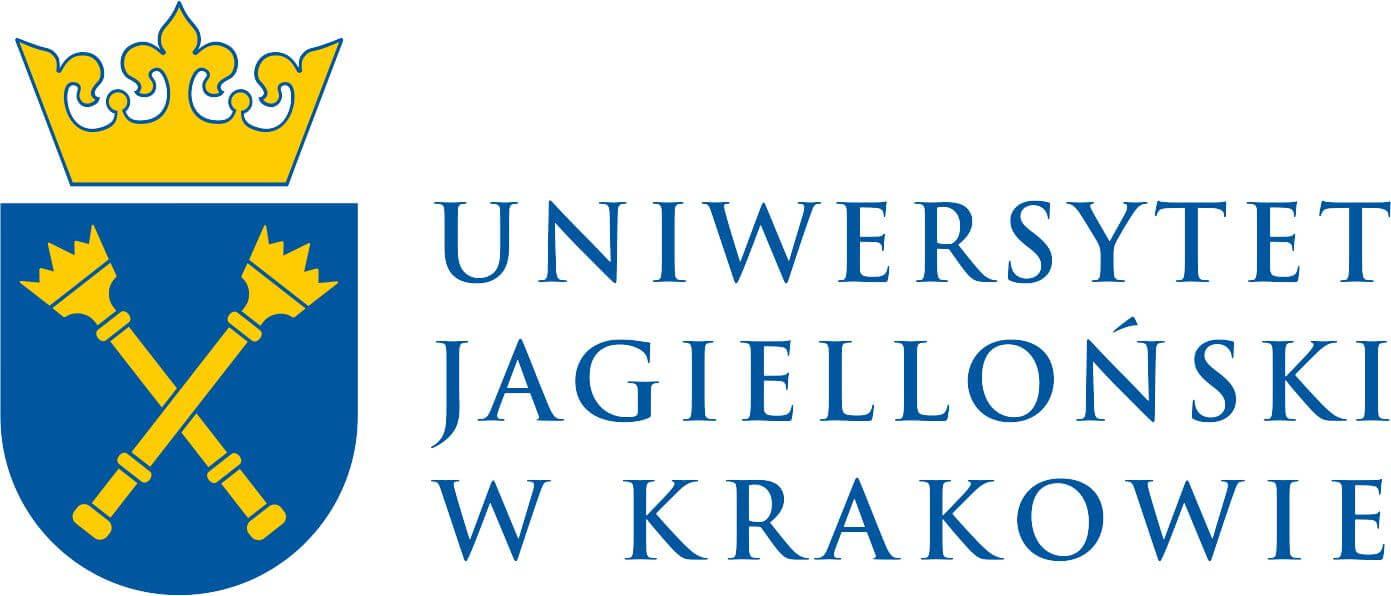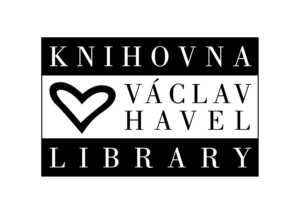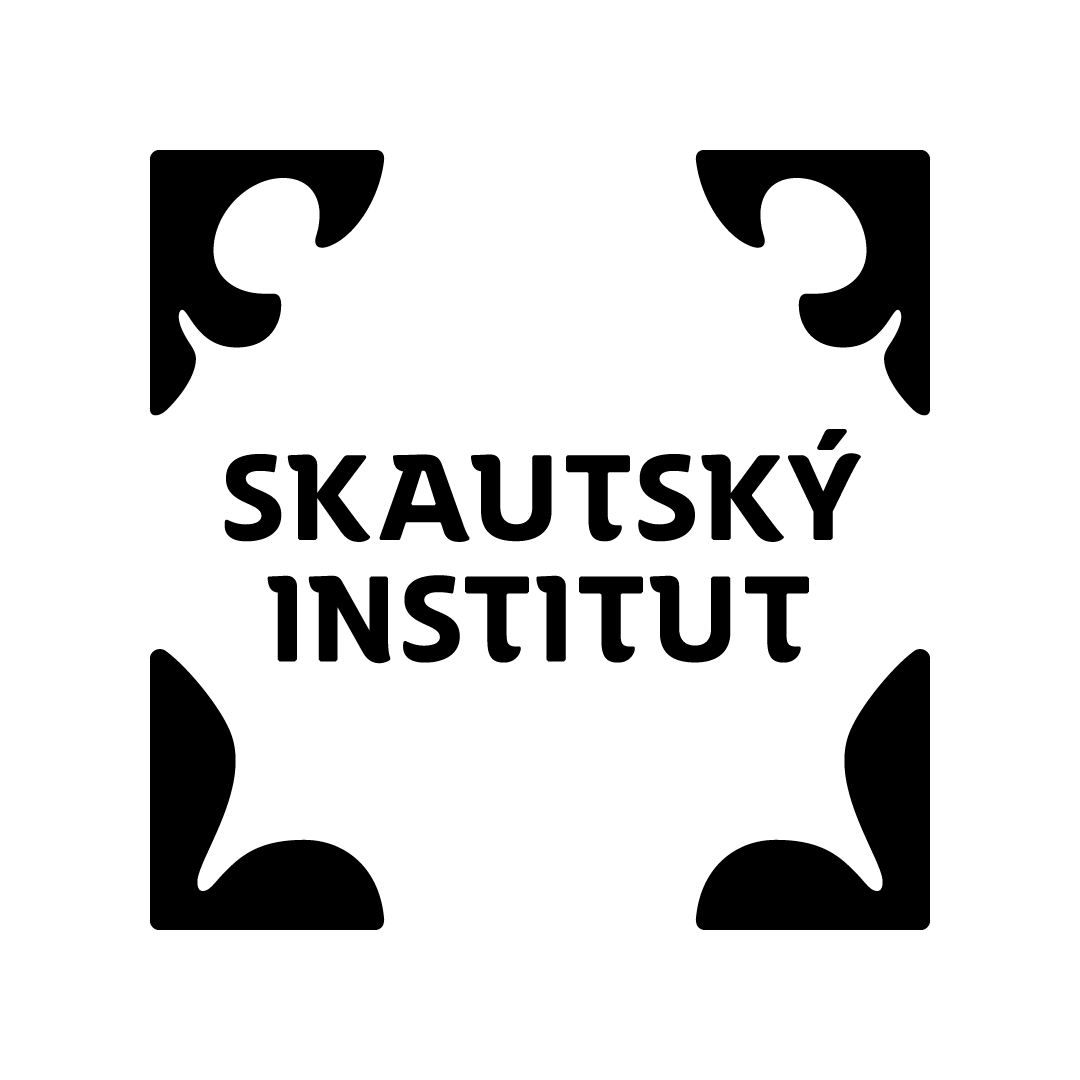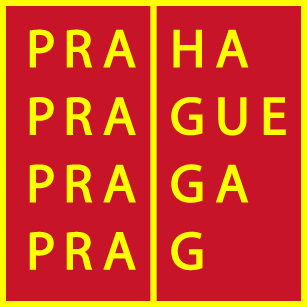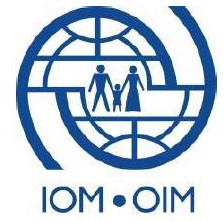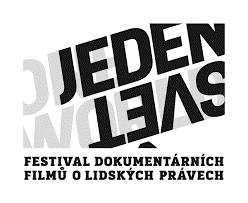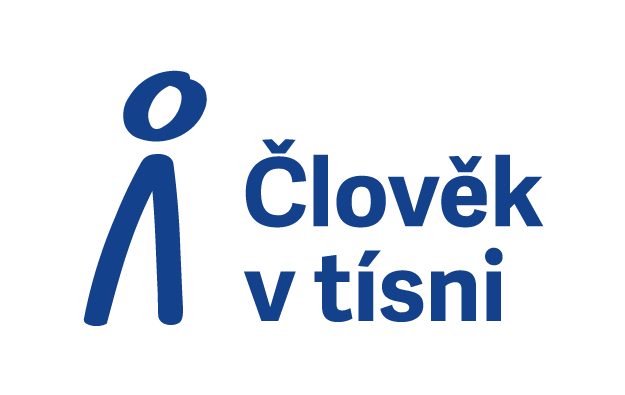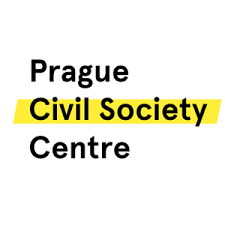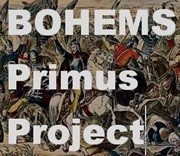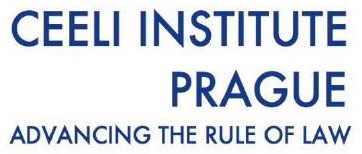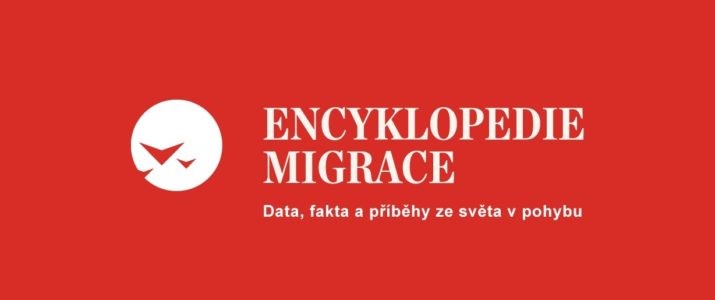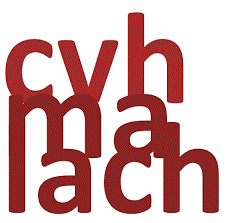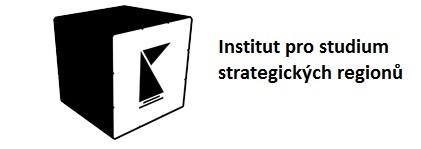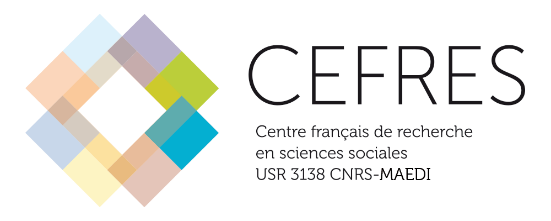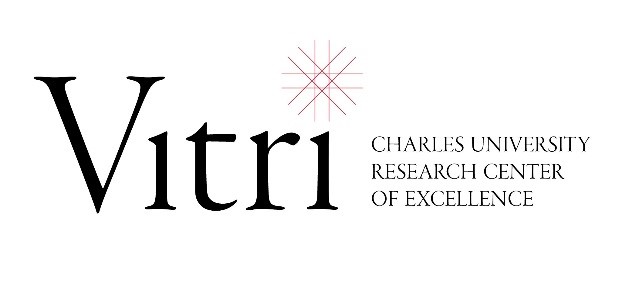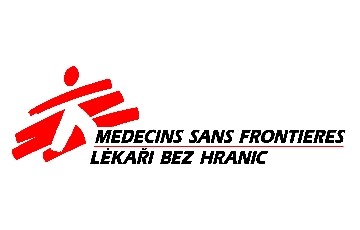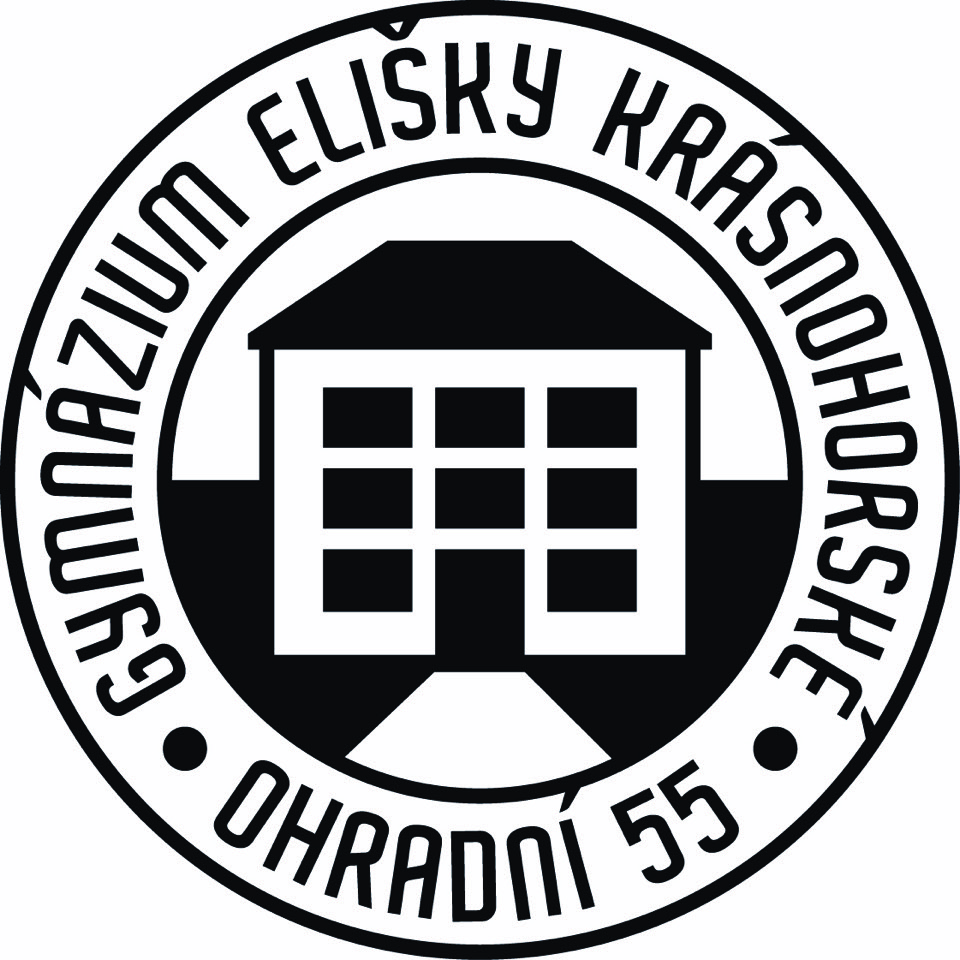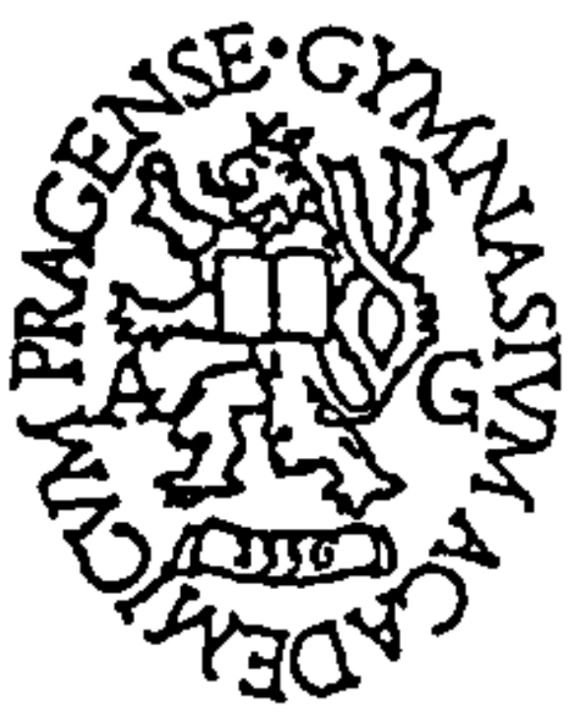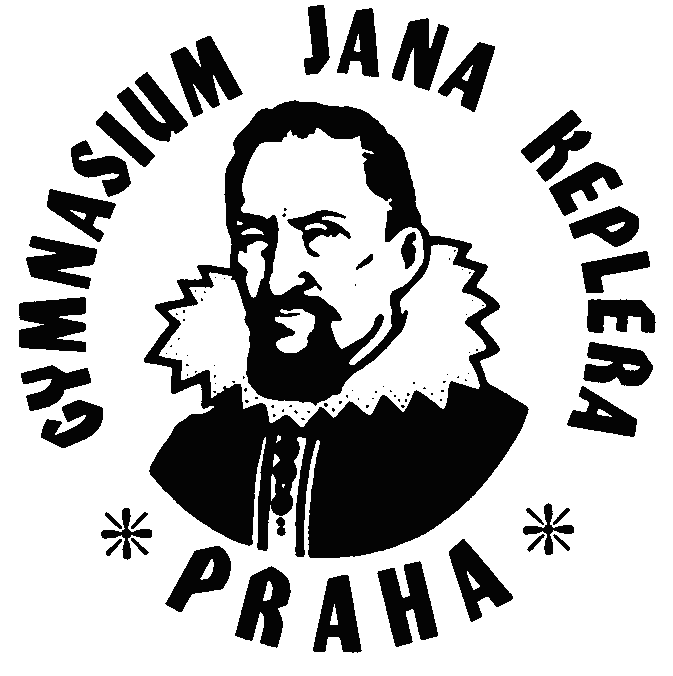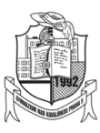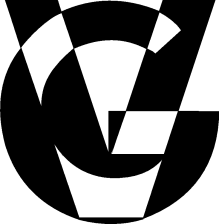Area Studies
Area Studies
General Information
Area Studies (TS) is an undergraduate study programme centred on understanding essential contexts of the modern world.
By combining different approaches and methods, the programme offers a unique and comprehensive perspective, primarily focusing on the Northern Hemisphere, particularly North America, Europe, and Eurasia. However, it also considers developments in Southeast Asia, Latin America, the Pacific region, and the Mediterranean. Historically, the study spans the period from the 19th century to the present, with a particular focus on events since 1945, and broadly covers topics such as politics, economics, culture, society, and international relations.
If you want to learn more about the opportunities and prospects that studying at the Institute of International Studies provides, feel free to visit our annual Open Day.
Admission Procedure
The admission requirements for the Bachelor's programme in Area Studies include completing secondary education with a school-leaving exam and successfully passing the admission process.
There are multiple methods to complete the admission process.
One option is to take the General Study Aptitude Test (OSP) as part of the National Comparison Tests (NSZ), which you register for directly with SCIO. Applicants with the highest achieved percentile are admitted, with the admission threshold set by the Dean.
The second option is to pass the final exam for the preparatory course in Area Studies successfully, which can serve as a substitute for the OSP test. Both the preparatory course and the final exam are conducted online. More information is available here.
The third way to pass the admission process is to succeed in secondary school specialised activities (from 2022 onwards) by reaching the final round and ranking within the top ten, or to qualify for the national (central) round of the Geography or History Olympiad (from 2022 onwards) and also place within the top ten. In these cases, applicants may apply for exemption from the entrance examination.
You can access comprehensive details regarding the admission process conditions here.
What to expect after completing your studies?
As graduates, you will possess interdisciplinary knowledge of modern history and the present of North America, Europe, and Eurasia. You will be able to gather and classify data and use it to solve practical and research tasks both domestically and abroad. You will be capable of leading a team dealing with specialised and related issues at various levels of expertise. You will be prepared to continue your education and pursue postgraduate master's studies, to find employment in both domestic and international government and non-governmental organisations, and to work in both the private and public sectors. An integral part of the programme includes international academic stays, work placements, and excursions both at home and abroad.
Why study Area Studies?
1. Studying in foreign languages
As students, you will have the opportunity to take a wide variety of foreign language courses, particularly in English, German, and French, taught by our own lecturers as well as guest lecturers from prestigious European and non-European universities. Another opportunity that expands the foreign language options beyond those mentioned is international stays.
2. Studying abroad
During your studies, you can take part in international academic exchanges or internships in Europe and beyond. The most common form of international mobility is through the Erasmus+ programme. Still, numerous inter-university and inter-faculty agreements, as well as scholarship opportunities, allow for exchanges almost anywhere in the world, including distant destinations such as Australia, New Zealand, Chile, or South Korea. The Faculty of Social Sciences, or the university itself, offers scholarships to support the most financially disadvantaged students. You can find out more about all the opportunities for studying abroad here.
3. Lecturers
Teaching at both bachelor's and master's levels is conducted by a gender-balanced team of experts who deliver courses based on their own long-term research and publications. All lecturers are also here to offer necessary assistance and support, guiding you through your studies to a successful completion.
4. Student community
An open and friendly student community is a vital part of studying at IMS and significantly influences its atmosphere. The Institute of International Studies Students' Association (SIMS) is a voluntary student organisation that represents and advocates for the interests of all IMS students, aiming to ensure a high-quality social and cultural environment. Thanks to collaboration between lecturers and an active student body, the institute provides an environment where lifelong friendships and contacts are formed. These bonds are built not only during studies but also through various social activities – from traditional parties and trips to excursions at home and abroad, as well as events organised throughout the year and during holidays. Alumni often help organise these events, maintaining close ties with IMS even after graduation.
5. New skills and knowledge
As graduates of the IMS bachelor's programme, you will gain not only new knowledge and skills but also the ability to think critically and present topics, which will further support your personal and professional development. The institute's aim is for you to acquire not only in-depth academic knowledge but also professional skills and contacts that you can utilise in your future career. Studying at IMS naturally encourages teamwork, presentation skills, and the development of communication competencies. The experiences and contacts you gain from IMS can serve as a solid foundation for your future activities, whether continuing your studies at the master's level domestically or abroad, or securing good employment opportunities.
How will I find employment after my studies?
The employment prospects are very diverse. Approximately 70 per cent of IMS graduates go on to pursue their studies at the master's level. A bachelor's degree from IMS provides access to high-quality master's programmes not only at Charles University but also increasingly abroad. If you choose to work, holding both a bachelor's and a master's degree from IMS often leads to well-paid roles in the public sector, private firms, non-governmental organisations, and the media.
Programme's Structure
The course of study is defined by its study plan. This includes various types of courses and is based on earning credits through successful completion. In the bachelor's programme, you need to gather at least 180 credits. The structure and number of credits can be found in the electronic information manual, known as Karolinka.
The study plan mainly comprises three types of courses:
Compulsory courses (P) in the study plan must all be completed.
Compulsory electives (PV) are subjects from which you choose to meet the required number of credits.
Elective courses (V) are any subjects outside your study plan, for which you can (but do not have to) earn a predetermined number of credits during your studies.
Study Obligations
Compulsory courses | 117 ECTS |
Compulsory electives – seminars | 6 ECTS |
Compulsory electives – languages | 15 ECTS |
Compulsory electives – others | 24 ECTS |
Elective Courses | 18 ECTS |
Total | 180 ECTS |
Recommended Completion of Undergraduate Studies
First Year
Course Name | Semester | Examination | Credits |
WS | Exam | 5 | |
WS | Exam | 5 | |
WS | Exam | 5 | |
WS | Exam | 5 | |
WS | Exam | 5 | |
WS | Pass | 2 | |
WS | Pass | 1 | |
WS | Pass | 2 | |
WS | Pass | 1 | |
SS | Exam | 5 | |
SS | Exam | 5 | |
SS | Exam | 5 | |
SS | Exam | 5 | |
SS | Exam | 5 | |
SS | Pass | 1 | |
SS | Exam | 5 | |
SS | Pass | 1 |
Second Year
Course Name | Semester | Examination | Credits |
WS | Exam | 6 | |
WS | Pass | 2 | |
WS | Exam | 6 | |
WS | Pass | 2 | |
WS | Exam | 6 | |
WS | Pass | 2 | |
SS | Exam | 6 | |
SS | Pass | 2 | |
SS | Exam | 6 | |
SS | Pass | 2 | |
SS | Exam | 4 | |
SS | Pass | 2 | |
WS/SS | Exam | 4 | |
WS/SS | Exam | 4 | |
* You choose 3 out of a total of 6 seminars, earning a total of 6 credits. | |||
Third Year*
Course Name | Semester | Examination | Credits |
WS/SS | Pass | 6 | |
WS/SS | Pass | 6 |
* The third Year also anticipates a possible study trip abroad and the completion of a bachelor's thesis.


